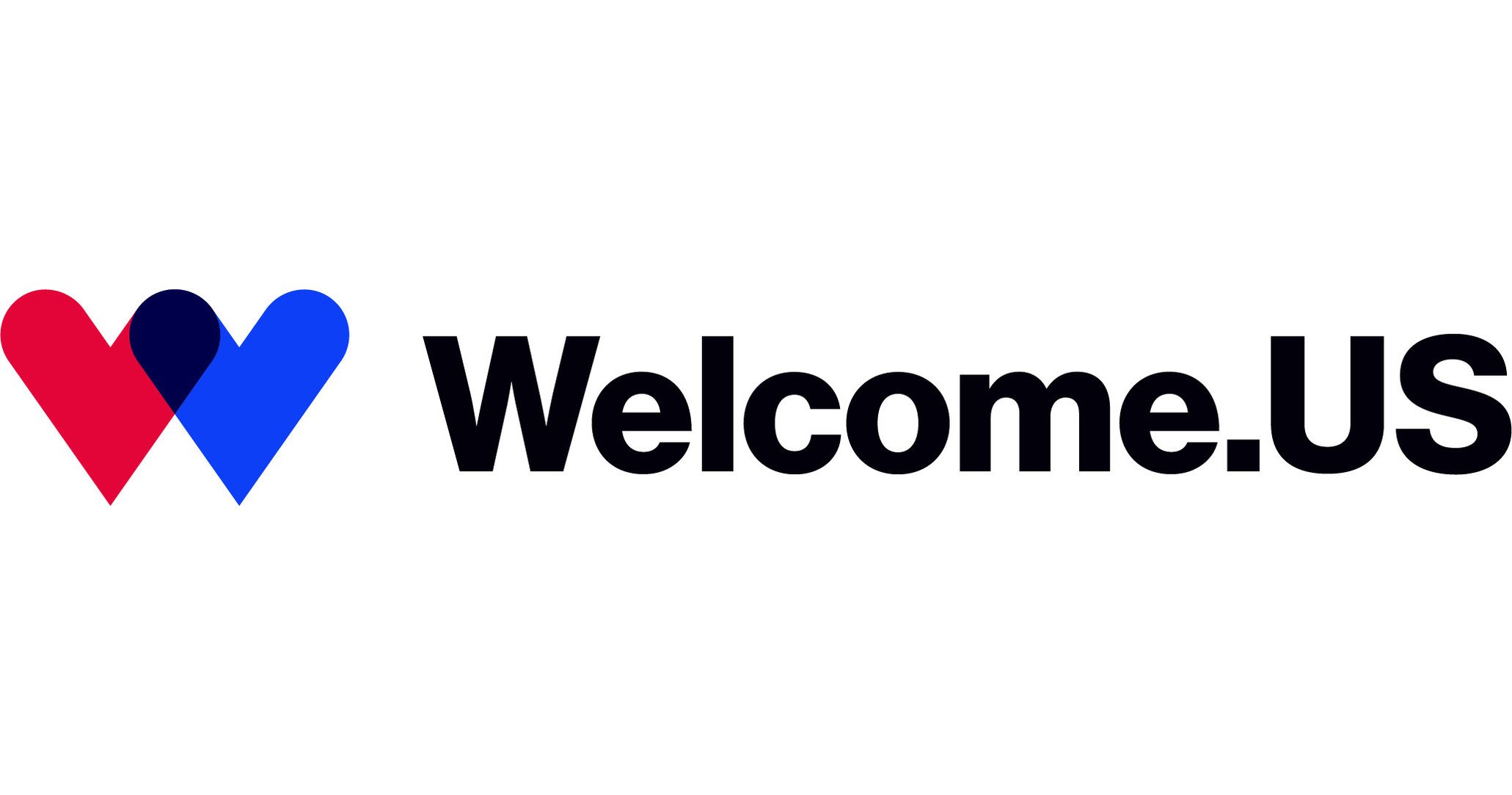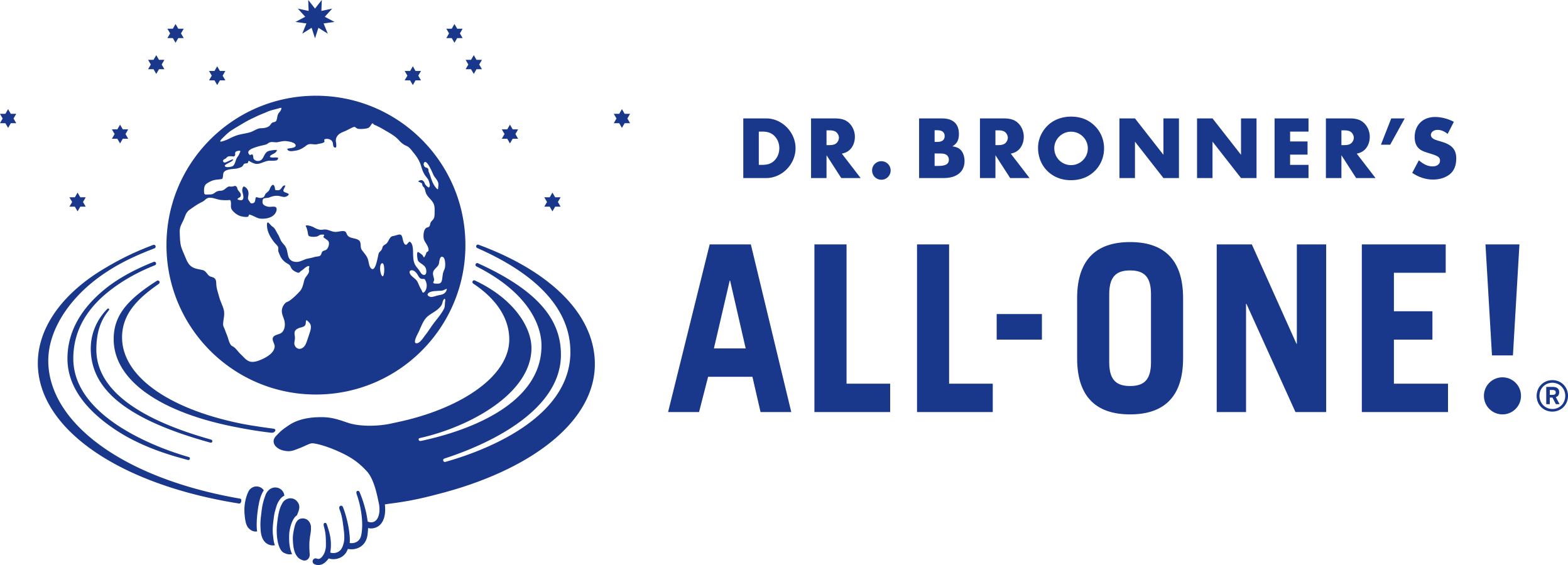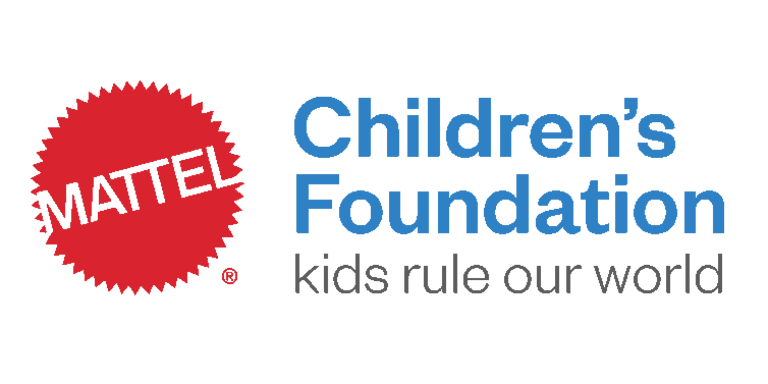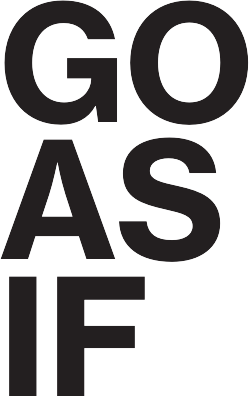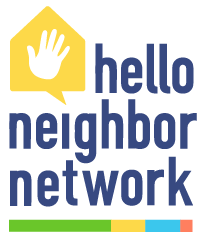It all began with a Jumperoo.
In July, 2016, my friend Suzanne told me about a new arrival family from Syria that her church was sponsoring. The family consisted of a dad, mom, twin 5-year old girls and a 5 month old baby boy. They were placed into housing and had nearly nothing. Suzanne reached out to me to locate a secondhand Jumperoo chair to give the mom and dad a break from holding the baby around the clock. I posted the request on Facebook and within an hour, a neighbor replied "my son just stopped using his! Come get it!" That afternoon I had my neighbor’s like-new baby jumper in the trunk of my car.
I called Suzanne, “Hey I got it! Let’s drop it off!" She was shocked it happened so quickly, and we made plans to drop it off at their apartment.
That weekend we drove together to their house. Suzanne brought a case of diapers and a case of wipes, I brought the Jumperoo. Arriving at their home, I was welcomed by Muhamad and Salma, their curious twin daughters Noal and Ahlam, and the adorable baby Mustafa. I removed my shoes by the door and found a corner of the room to assemble the jumper.
I’ll never forget the look on Salma’s face when she saw her baby boy bouncing around enjoying himself playing in his new activity center. She looked so happy and relieved.
During our visit, Muhamad and Salma gave us a tour of their small apartment. Their bedrooms were empty except for beds. They had a toddler bed set up in their room, but they didn’t have a crib mattress, so the crib was unusable. To make do, they had Mustafa sleeping in a tiny basket made for newborn. He slept curled up in a ball to fit. That’s when I noticed how tired this family looked.
Many basic essentials were missing from their home. I called my good friend Loai, an Arab Israeli I met in Tel Aviv years earlier, and asked him to be our translator. Together with Loai on FaceTime, we went room to room, making the very first Miry’s List. At first they'd only ask for very basic essentials: formula, crib mattress, diapers, bread, eggs, milk. Loai convinced them to be real with me and to tell me everything they need. Before long I had compiled their list. I drove Suzanne home, and published the list on Facebook.
I posted this video to my Facebook page that night.
The outpouring of love and communal act of generosity that came next was astounding. Within one week, we had completely stocked their apartment. Friends and neighbors donated everything: A stockpile of formula, wipes and diapers, blankets and shoes, toys and school supplies for the girls, kitchen utensils and cleaning supplies. I was hand-delivering supplies to their house, coming every other day with my big mom car filled with supplies. I'd bring my kids and they'd play together, no common language required! When someone donated something new, I'd update the list on the Facebook post and reshare.
Muhamad and Salma were overjoyed and incredibly grateful. Their house became a home! I was shocked at how easy it was for me, my neighbors and friends to help them so dramatically.
The experience had me wondering if lacking basic supplies is a common problem for new arrivals. So I started calling around to find out. I googled “Syrian refugee assistance in California” and called around to nonprofit and faith-based organizations, looking for professionals working in the space. I spoke with caseworkers and volunteers working with this population here in Los Angeles, Orange County, and San Deigo.
I discovered that not only is this problem common, but it’s the norm. Also the norm, I learned, is every single last refugee services professional I spoke with is over-capacity with the number of cases they work on. One woman who has been a caseworker for refugees for 19 years said she has always had a list of 30 people she’s working with. Right now her list is 300 people. One of these new contacts connected me with my next new arrival family.
For the next couple months, I repeated the model that worked: Meet family, make list, post list, fulfill list. We started using Amazon wishlists to streamline the process and automate direct delivery to families. We enlisted volunteer Arabic translators from all over the world, translating text messages from families in Whatsapp. First it was one family per month. Then it was one family every two weeks. Then it was two families at once. Then it was four families at once. Everything powered by social media and a whole lot of love.
The feedback I get most often from donors is “I wanted to help these families for a long time, but I didn’t know how. Thank you for making it easy!”
I created Miry’s List to give people access to helping these special people. After all, they’re our new neighbors, and we need to look out for one another.



